The need for societal transformation is increasingly acknowledged in policy, planning, academia and media to achieve decarbonization, resilience, national development plans or sustainability objectives.
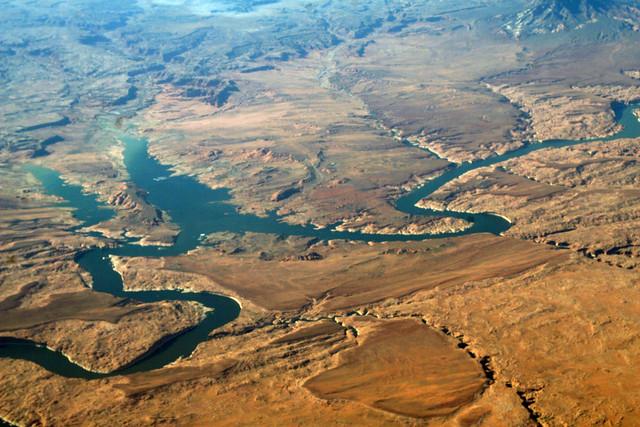
Rather than promising secure futures, the anthropocene places us at an uncomfortable juncture where irreversible loss and damage has already occurred.
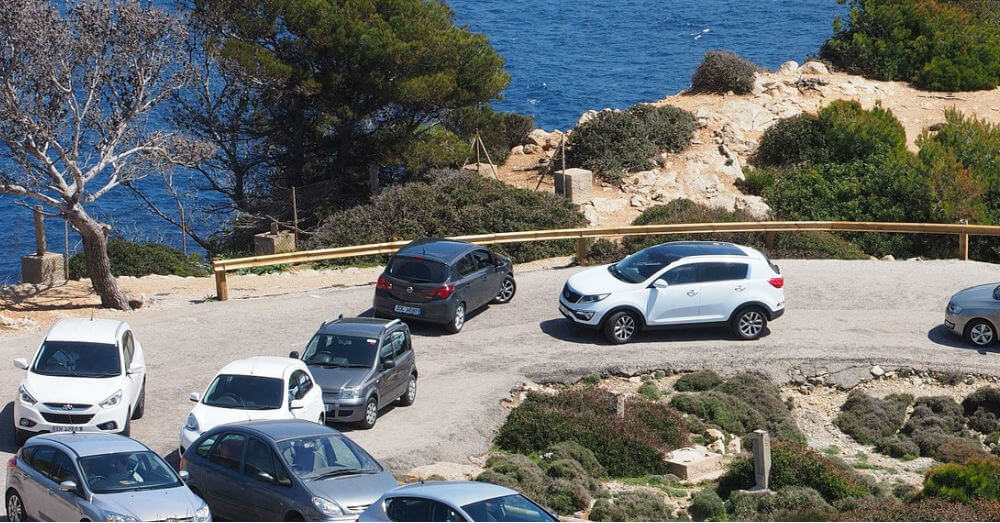
New study finds most countries are not prepared for impacts of unexpectedly rapid market penetration of Electronic Vehicles.
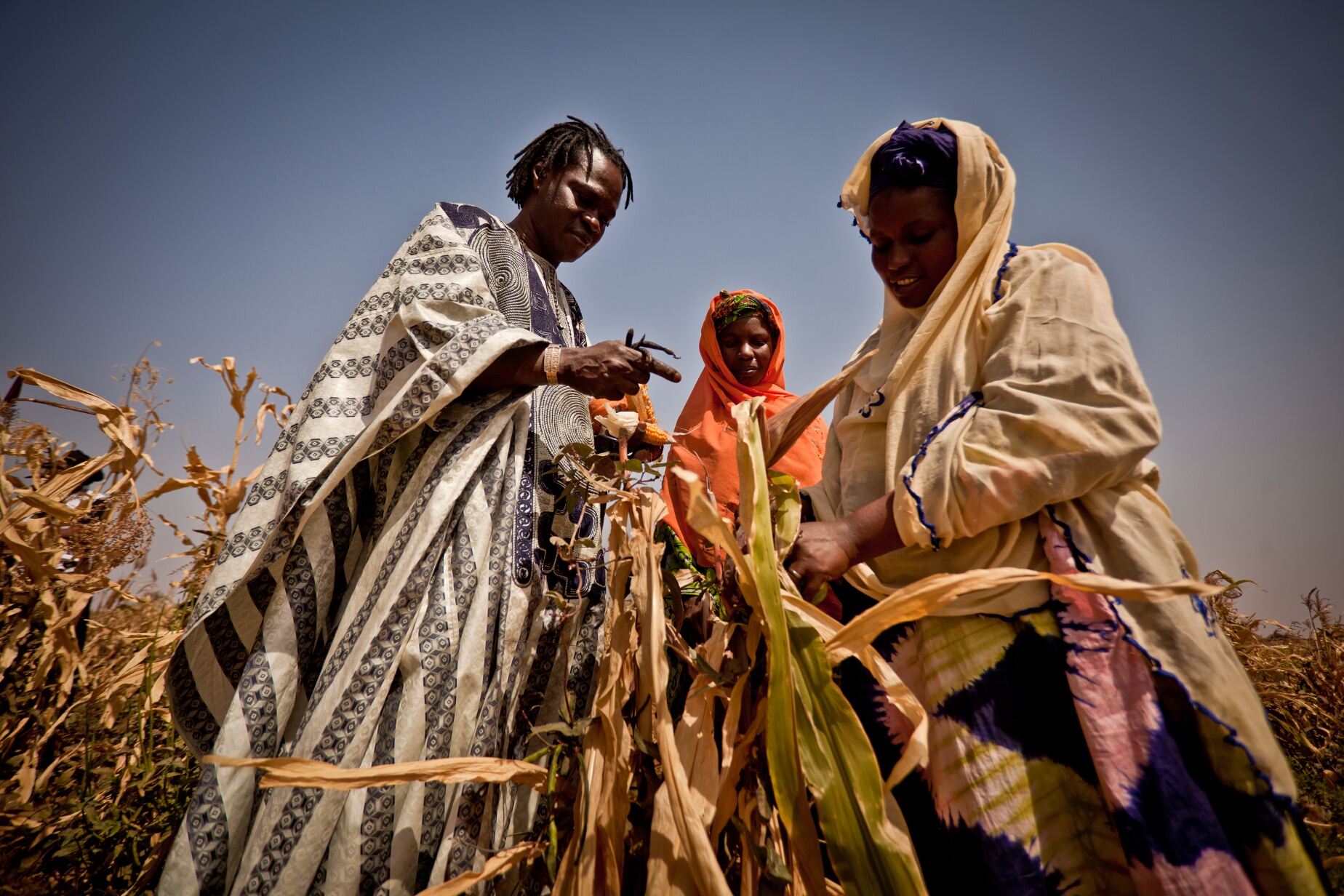
New study shows climate change has increased conflict risks historically, but low socioeconomic development and low capabilities of the state are more influential.
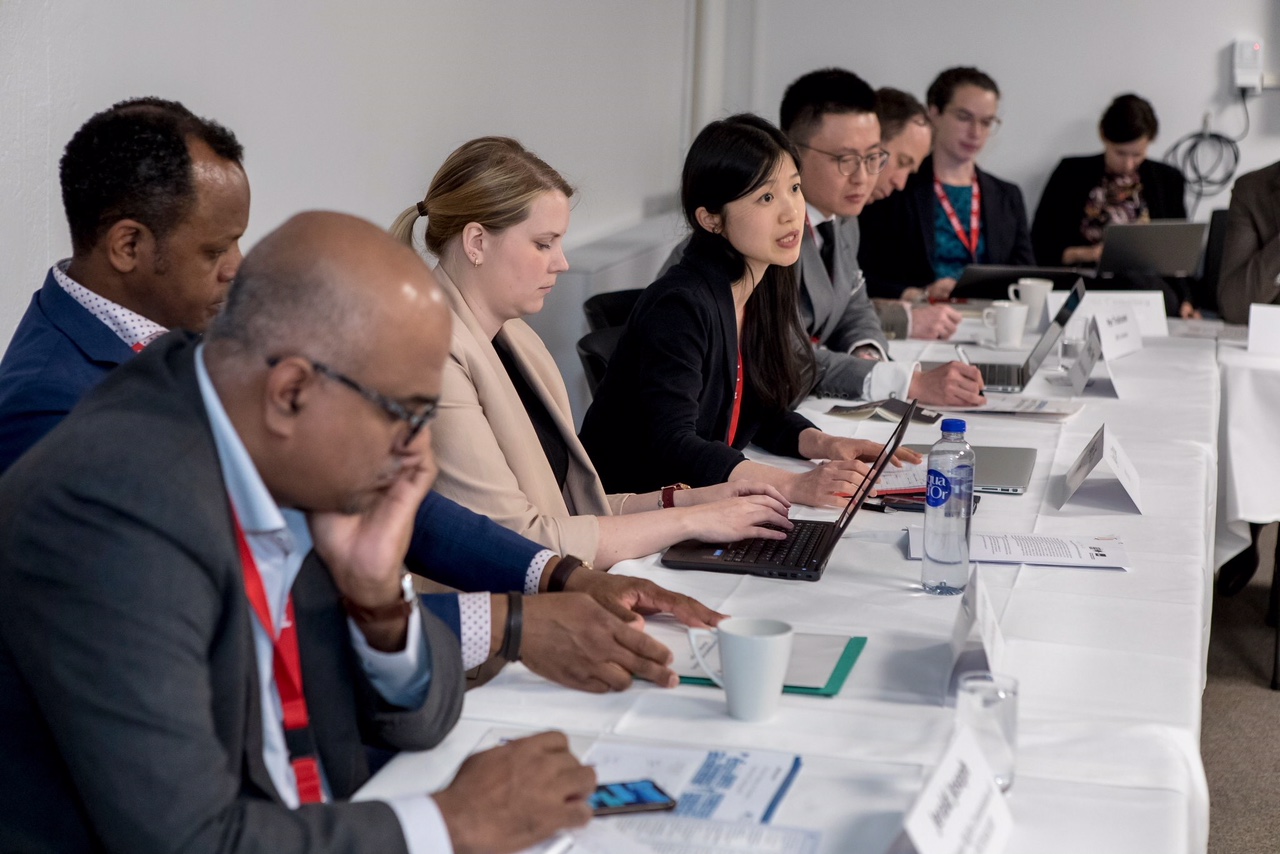
China’s growing economic and political footprint in fragile and developing country contexts has become an increasingly significant development actor.
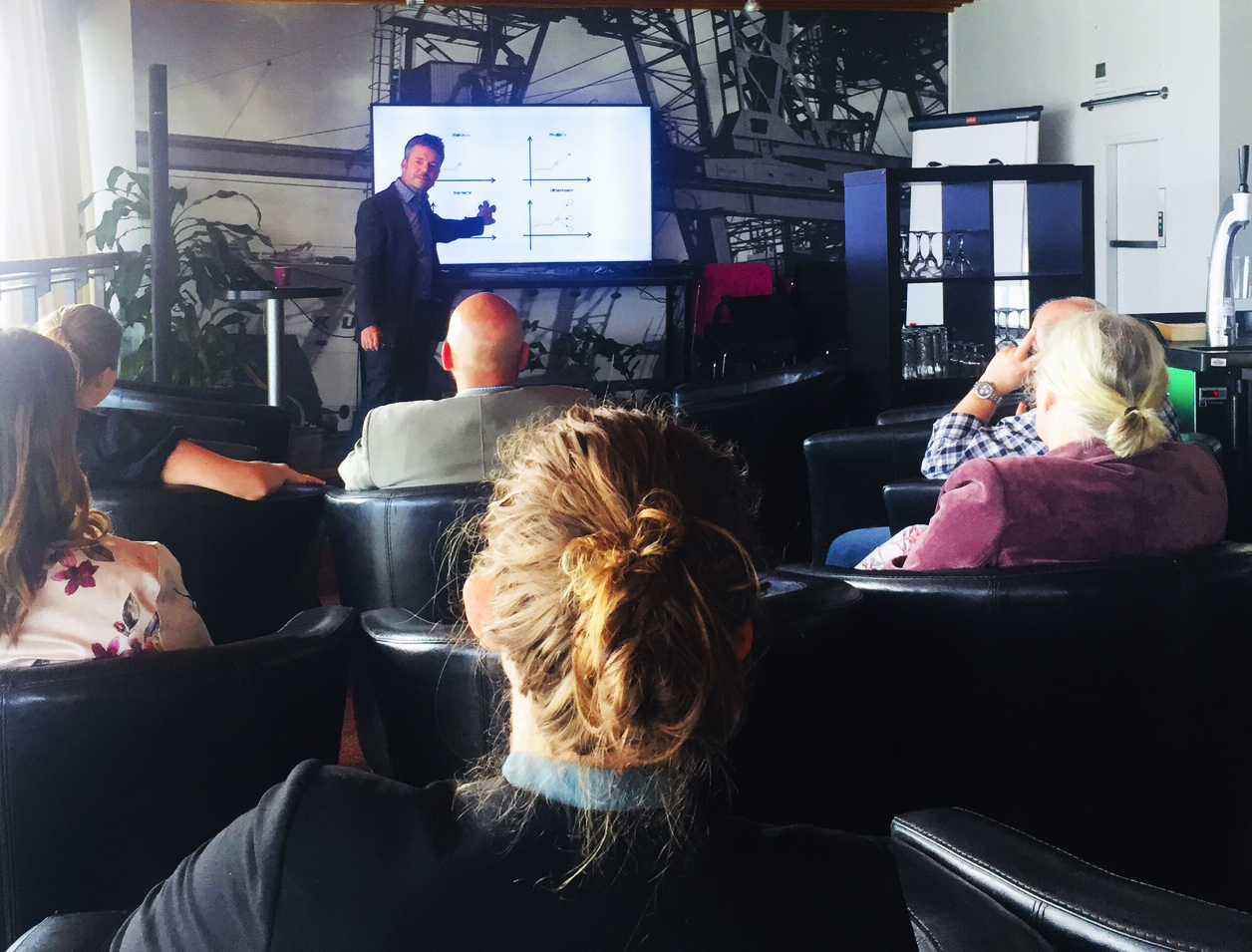
The theme at the Havs- och vattenforum 2019 was “adaptation to climate change.” The forum, held yearly, aims to increase knowledge about HaV’s business area, exchange ideas about current issues and find
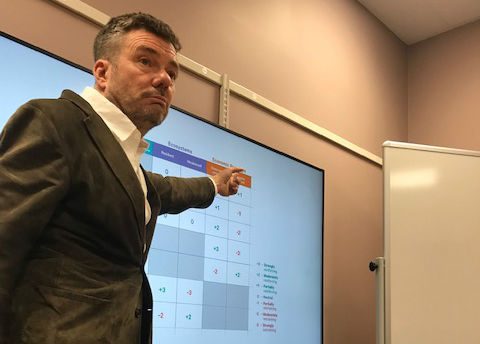
How can we use the latest scenario methodology to increase our knowledge about the ongoing transformation of the energy system? What research from the Mistra Geopolitics program is of most relevans and interest for you?
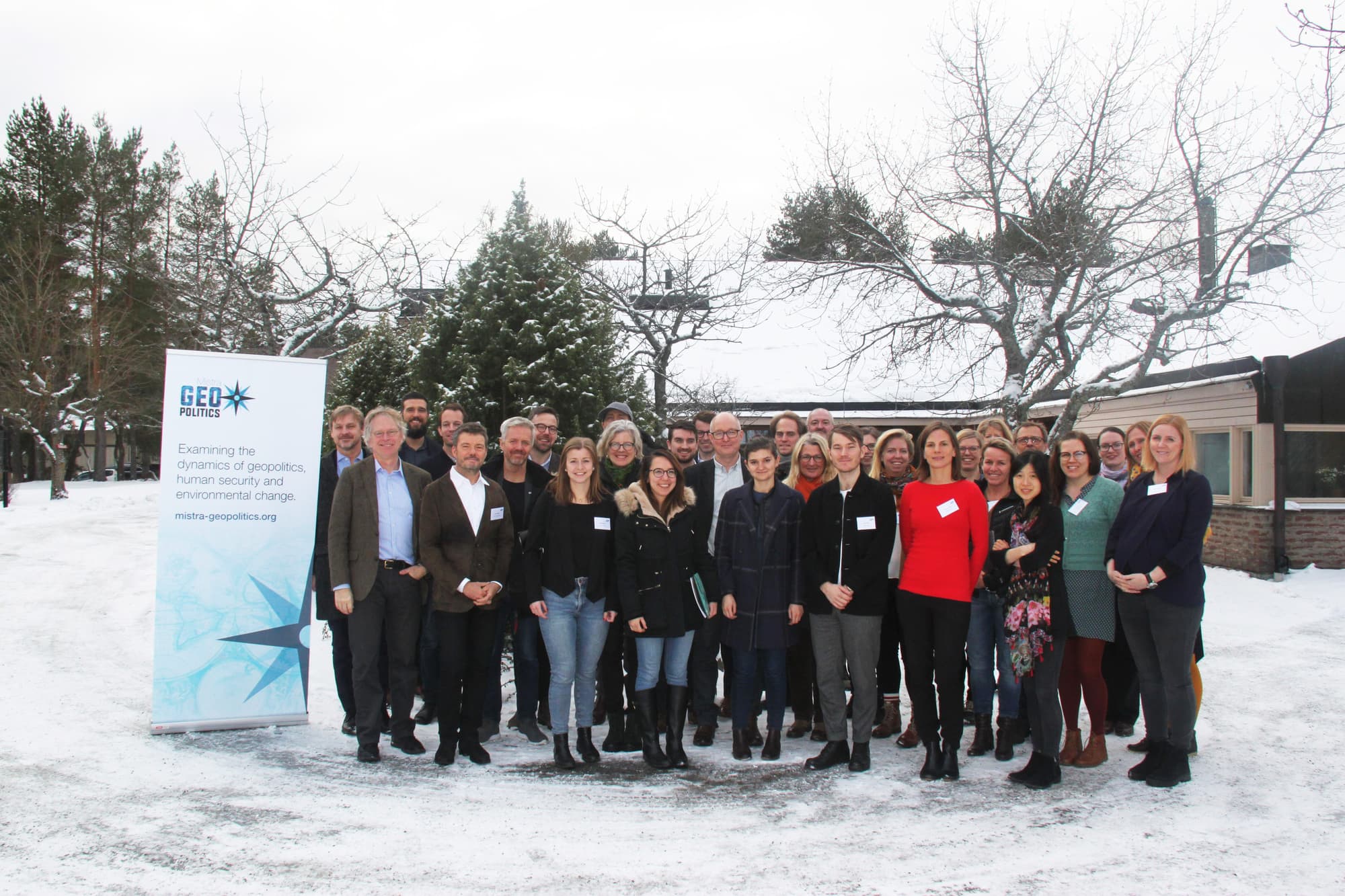
The second annual conference in the Mistra Geopolitics program held on 30 – 31st January 2019, has come to an end. Eva Krutmeijer reflects on the conference from a communications perspective.
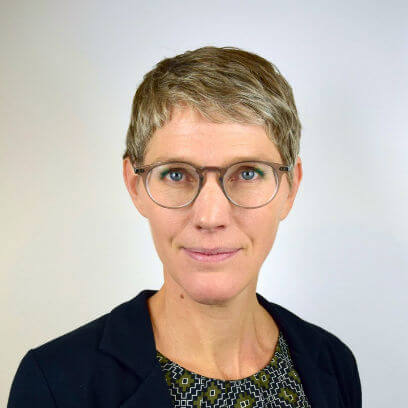
On 16 and 17 of November the international conference The Future of Transatlantic Relations: Challenges in Trade, Security and Environmental Policy – FOTAR2018 was held in Hamburg, bringing together politicians, academics,





Mistra Geopolitics Research School organized a two-day "walkshop" where they combined in-depth discussions of research projects in progress and explored walking as a methodological practice.